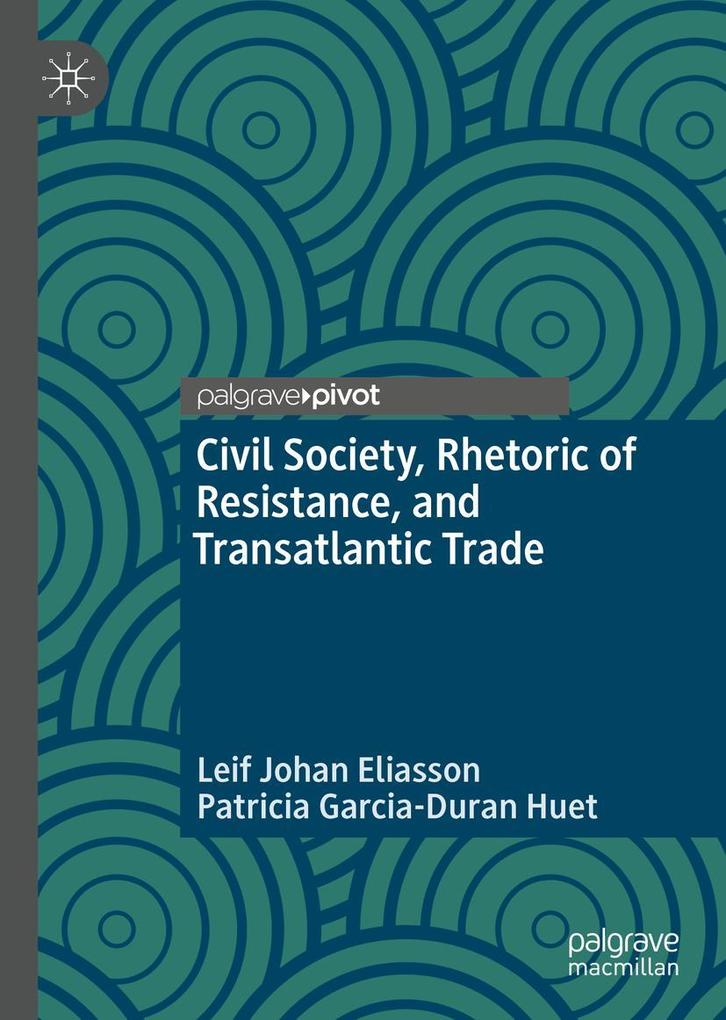
Zustellung: Di, 01.07. - Fr, 04.07.
Versand in 1-2 Wochen
VersandkostenfreiBestellen & in Filiale abholen:
This book investigates the politics of transatlantic trade, specifically the Transatlantic Trade and Investment Partnership negotiations. Using a novel approach, the authors analyze the rhetorical choices made by opponents and supporters of an agreement, and the logical behind their arguments. Opponents used emotive frames and strategically chosen issues to increase public opposition to the negotiations; supporters countered, but also accommodated, parts of opponents' rhetoric in hopes of quelling discontent. The study also highlights the resulting changes to EU trade policy, thus contributing to the literatures on trade policy, politicization, and rhetorical analysis.
Inhaltsverzeichnis
1. Chapter 1: Introduction. Why Look At Trade And Rhetoric? . - 2. Chapter 2: Previous Attempts at Transatlantic Trade Agreements, and the Rationale for Launching the Transatlantic Trade and Investment Partnership Negotiations. - 3. Chapter 3: Theory and Method. - 4. Chapter 4: The Campaign Against the Transatlantic Trade and Investment Partnership. - 5. Chapter 5: Supporters Rhetoric in the Public Duel. - 6. Chapter 6: What Underlies the Rhetoric in the Public Rhetorical Duel? . - 7. Chapter 7: Why Opponents Prevailed, and lessons from Transatlantic Trade and Investment Partnership Negotiations.
Produktdetails
Erscheinungsdatum
28. März 2019
Sprache
englisch
Auflage
1st edition 2019
Seitenanzahl
164
Autor/Autorin
Leif Johan Eliasson, Patricia Garcia-Duran Huet
Verlag/Hersteller
Produktart
gebunden
Abbildungen
XV, 145 p. 2 illus.
Gewicht
333 g
Größe (L/B/H)
216/153/14 mm
ISBN
9783030133658
Entdecken Sie mehr
Bewertungen
0 Bewertungen
Es wurden noch keine Bewertungen abgegeben. Schreiben Sie die erste Bewertung zu "Civil Society, Rhetoric of Resistance, and Transatlantic Trade" und helfen Sie damit anderen bei der Kaufentscheidung.









